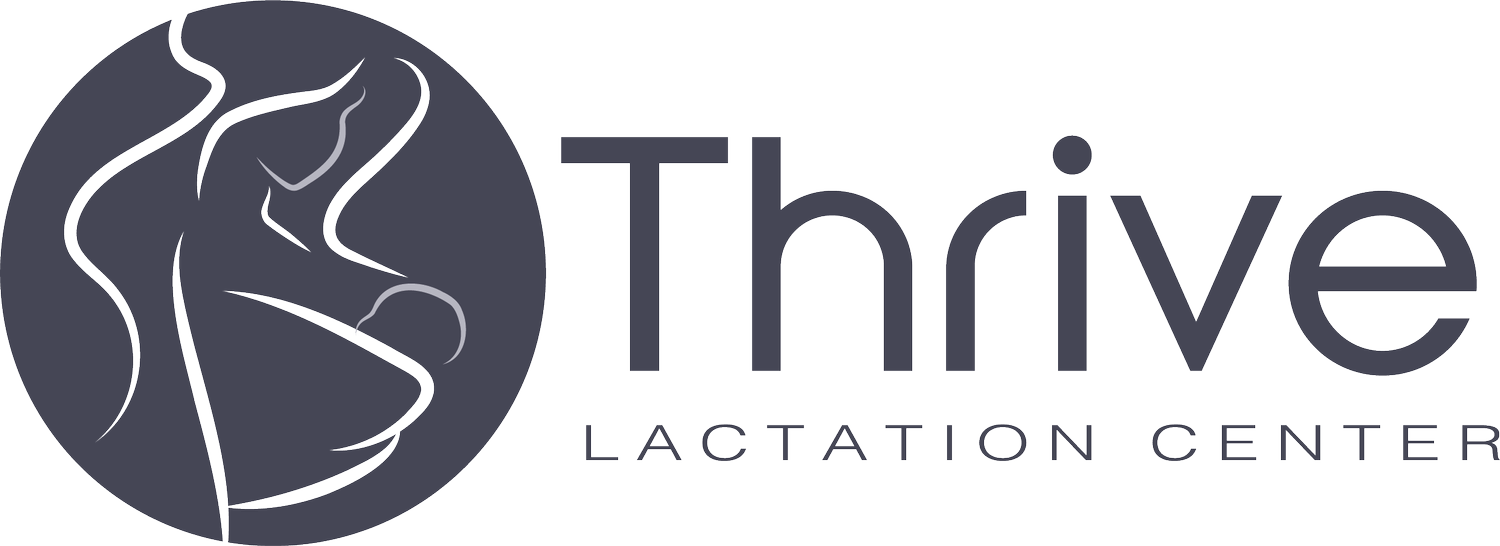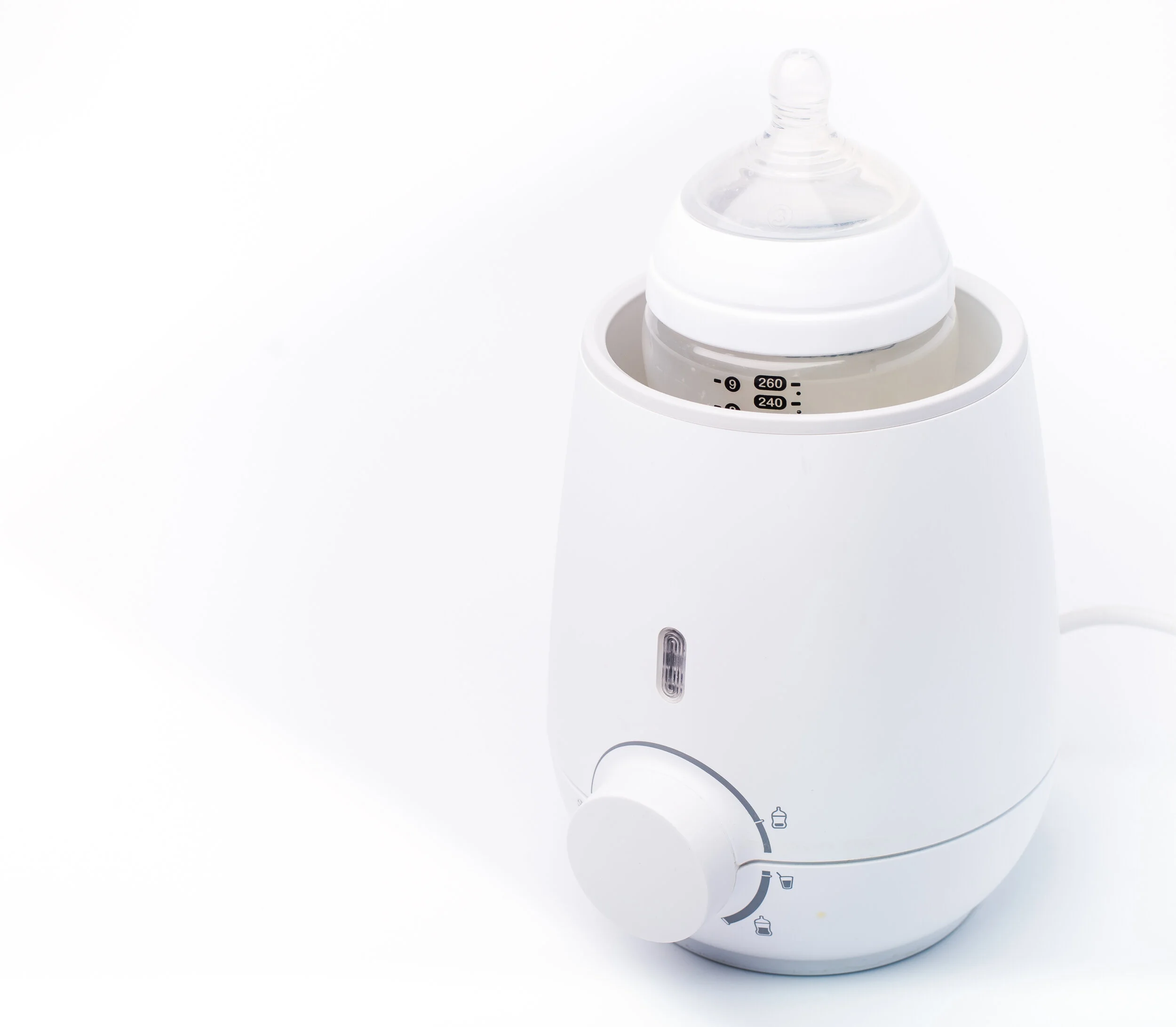How do I freeze my breast milk and warm frozen breast milk?
What type of container can I use to store my breast milk?
A BPA-free food-grade container plastic or glass container should be used to store breast milk. Bags and bottles marketed specifically for breast milk are most popular. Bags are beneficial because you can lay them flat to freeze milk, so they take up less space in the freezer compared to bottles.
How do I label breast milk bottles or bags?
It is important to use a permanent marker, so you do not risk your labeling wiping off. If using reusable bottles, you can write your label information on tape so you can remove it for the next use. On your label, you will want to include the date you pumped, the time you began pumping, and any other pertinent information. For example, if you are on a special diet or supplement you would want to note that on the label to separate that from other milk.
How long is breast milk good for in the refrigerator or freezer?
Does breast milk have to be warmed?
Nope! There is no physiological or health reason your baby needs warm breast milk. It is all about preference, just like it is for adults. Some of us like cows milk in a frozen glass and others prefer it warm before bed.
How do I warm frozen or refrigerated breast milk?
There are many ways to warm breast milk. The goal is to bring the milk to body temperature (99 F or 37C), but not to make it scalding hot (greater than (104F or 37C) and risk burning your baby’s mouth. Always test the temperature of the milk prior to placing the bottle or sippy cup in your child’s mouth. This can be done by placing a drop of the milk directly on a sensitive area your skin, such as your wrist.
1) Place milk container or bag in a bowl of warm water for a few minutes.
2) Run the container or bag under a faucet of lukewarm water
3) Use a store-bought electric bottle warmer
Get help with storing breast milk.
Click here for more information on how to freeze and warm breast milk
I am a registered nurse in the State of Florida and an International Board Certified Lactation Consultant (IBCLC). The content on this blog page is for informational and educational use only. I have taken reasonable steps to ensure that the information shared is accurate, but I cannot guarantee that it is free from errors. The information shared here does not take the place of a medical provider, nor establishes any kind of client relationship with myself as a registered nurse or a lactation consultant. I am not your IBCLC or RN unless you book a consult with me directly and we establish a patient/caregiver relationship.


